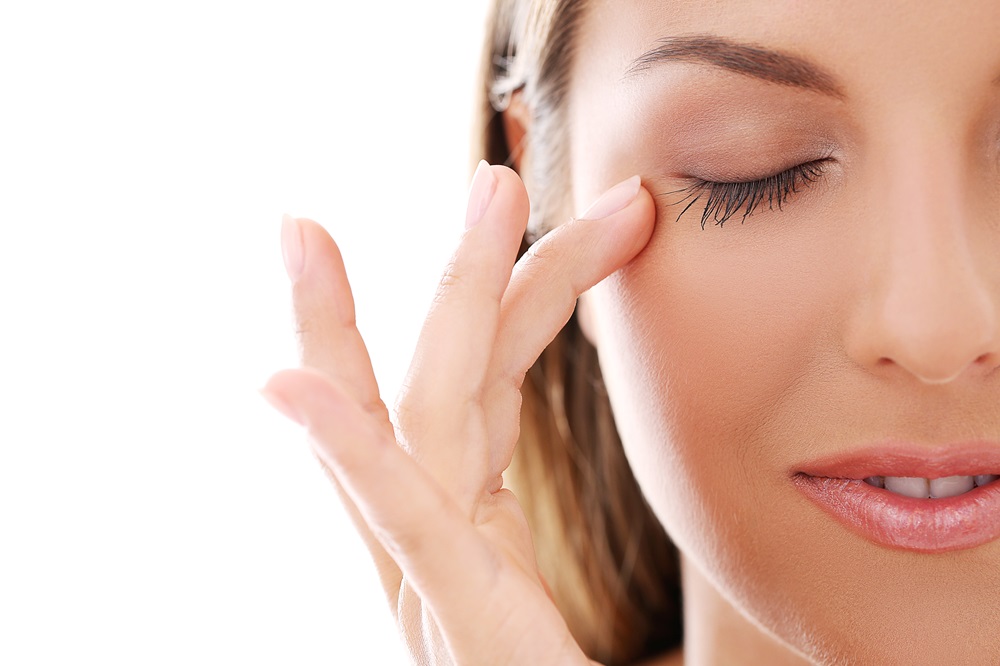Chemical injuries of the eye surface occur when harmful substances come into contact with the eye, leading to damage to the cornea, conjunctiva, and other ocular structures. These injuries can range from mild irritation to severe, vision-threatening damage. Immediate and appropriate treatment is crucial to prevent long-term complications. Here’s a detailed guide to understanding and managing chemical eye injuries:
Chemical injuries occur when acids, alkalis, or other irritants come into contact with the eye.
The severity of the injury depends on the type of chemical, its concentration, and the duration of exposure.
Alkali substances (e.g., bleach, ammonia) are more dangerous than acids because they penetrate deeper into the eye tissues.
Severe pain or burning sensation: Immediate discomfort in the affected eye.
Redness and swelling: The eye and eyelids may become inflamed.
Excessive tearing or discharge: The eye may produce a watery or sticky discharge.
Blurred vision or vision loss: Due to corneal damage.
Sensitivity to light (photophobia): The eye becomes overly sensitive to bright light.
Eyelid spasms: Difficulty opening or closing the eye.
Examples: Battery acid, vinegar, hydrochloric acid.
Typically cause superficial damage but can still be harmful.
Examples: Bleach, ammonia, lye.
Penetrate deeper and cause more severe damage.
Examples: Solvents, detergents, pesticides.
Physical examination: The doctor will assess the extent of damage to the eye surface.
pH testing: To determine the acidity or alkalinity of the eye surface.
Slit-lamp examination: To evaluate the cornea, conjunctiva, and other structures.
Fluorescein staining: To identify areas of corneal damage.
Rinse the eye: Flush the eye with clean water or saline solution for at least 15-30 minutes.
Remove contact lenses: If present, remove them immediately.
Seek medical help: Go to the nearest emergency room or eye specialist.
Antibiotic eye drops or ointments: To prevent infection.
Steroid eye drops: To reduce inflammation.
Lubricating eye drops: To keep the eye surface moist.
Pain relievers: To manage discomfort.
Amniotic membrane transplantation: To promote healing of the corneal surface.
Corneal transplant: In cases of severe corneal damage.
Eyelid reconstruction: If the eyelids are severely damaged.
Regular eye exams to monitor healing and prevent complications.
Use of protective eyewear to prevent further injury.
Always wear protective eyewear when handling chemicals.
If a chemical injury occurs, rinse the eye immediately and seek medical attention.
Follow your doctor’s treatment plan and attend all follow-up appointments.
Turkey is a leading destination for medical tourism, offering advanced treatments for chemical eye injuries at affordable costs. Here’s what you need to know about managing this condition in Turkey:
Expert Ophthalmologists: Turkey has highly skilled specialists in ocular surface diseases and trauma.
Advanced Technology: Hospitals are equipped with state-of-the-art diagnostic and surgical tools.
Affordable Costs: Treatment costs in Turkey are significantly lower than in many Western countries.
Comprehensive Care: From emergency treatment to long-term follow-up, Turkish healthcare providers offer holistic care.
Emergency Treatment: Immediate eye rinsing and pH neutralization.
Medical Treatments: Antibiotics, steroids, and lubricating eye drops.
Surgical Treatments: Amniotic membrane transplantation and corneal transplant.
Rehabilitation: Vision therapy and follow-up care to restore eye function.
Research and choose a reputable hospital or clinic with experience in treating chemical eye injuries.
Consult with a specialist to determine the best treatment plan for your condition.
Plan for a stay of at least 1-2 weeks for treatment and follow-up appointments.
Check if your insurance covers international treatments or inquire about hospital payment plans.
Chemical injuries of the eye surface are medical emergencies that require immediate attention. With prompt treatment and proper care, the risk of long-term complications can be minimized. Turkey offers high-quality and affordable care for chemical eye injuries, making it an excellent choice for international patients. Early intervention and a multidisciplinary approach can help preserve vision and restore eye health.
If you have further questions or need assistance, feel free to reach out to a healthcare professional or a trusted medical tourism agency in Turkey.
